Taking care of baby cats can be a heartwarming yet challenging experience, especially if you’re new to it. These tiny furballs bring joy to every home but also require a great deal of attention, patience, and proper care to ensure they grow into healthy adult cats. Whether you’re a first-time cat owner or you’ve found a stray litter, it’s essential to know how to meet their needs.
In this comprehensive guide, we’ll cover everything from feeding, litter training, and health care to socialization and play. By the end of this, you’ll have a clear understanding of what it takes to raise happy and healthy baby cats. Let’s get started!
1. How to Take Care of Baby Cats at Home
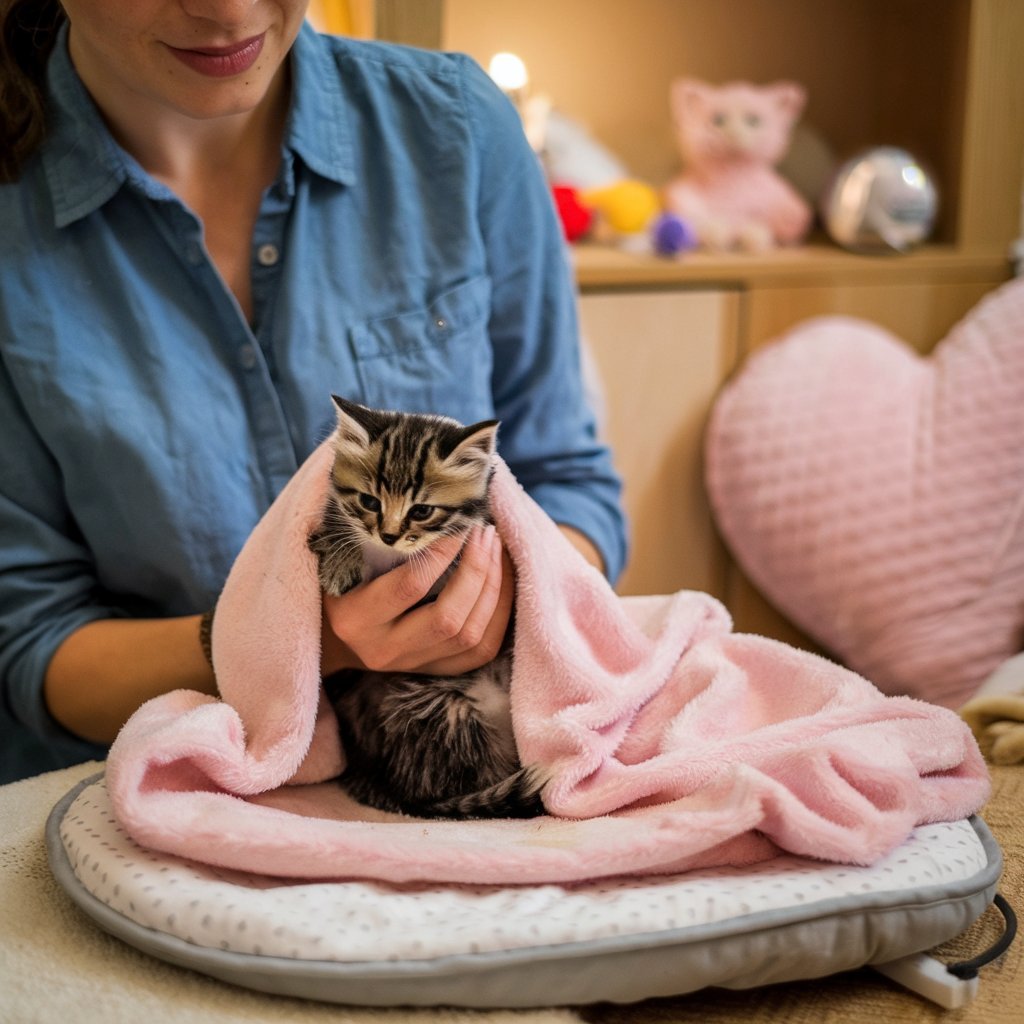
Taking care of baby cats begins with providing a warm, safe, and nurturing environment. Newborn kittens are delicate, requiring round-the-clock care, especially during the first few weeks of life. They depend heavily on their mother or, in her absence, their human caregivers.
Make sure to keep the area warm, as baby cats cannot regulate their body temperature until they’re about 3 weeks old. A soft blanket and a heating pad (set to low) can keep them cozy. Handling baby cats gently and often will help them become comfortable around people.
Keep a close eye on their feeding schedule and monitor their weight. Healthy kittens gain weight steadily, and any signs of illness should prompt a visit to the vet.
2. Best Food for Baby Cats

When it comes to feeding baby cats, nutrition plays a key role in their development. For the first few weeks, mother’s milk or a kitten milk replacer is essential. Avoid giving them cow’s milk, as it can cause digestive issues.
At around 4 weeks of age, kittens can begin the weaning process, transitioning to soft, wet kitten food. Look for food that is high in protein and specially formulated for kittens. Gradually introduce solid food and clean water as they grow.
By the time they’re 8 to 10 weeks old, baby cats can fully transition to solid food, but make sure the food continues to meet their high energy and nutritional needs.
3. What to Feed Baby Cats Without a Mother
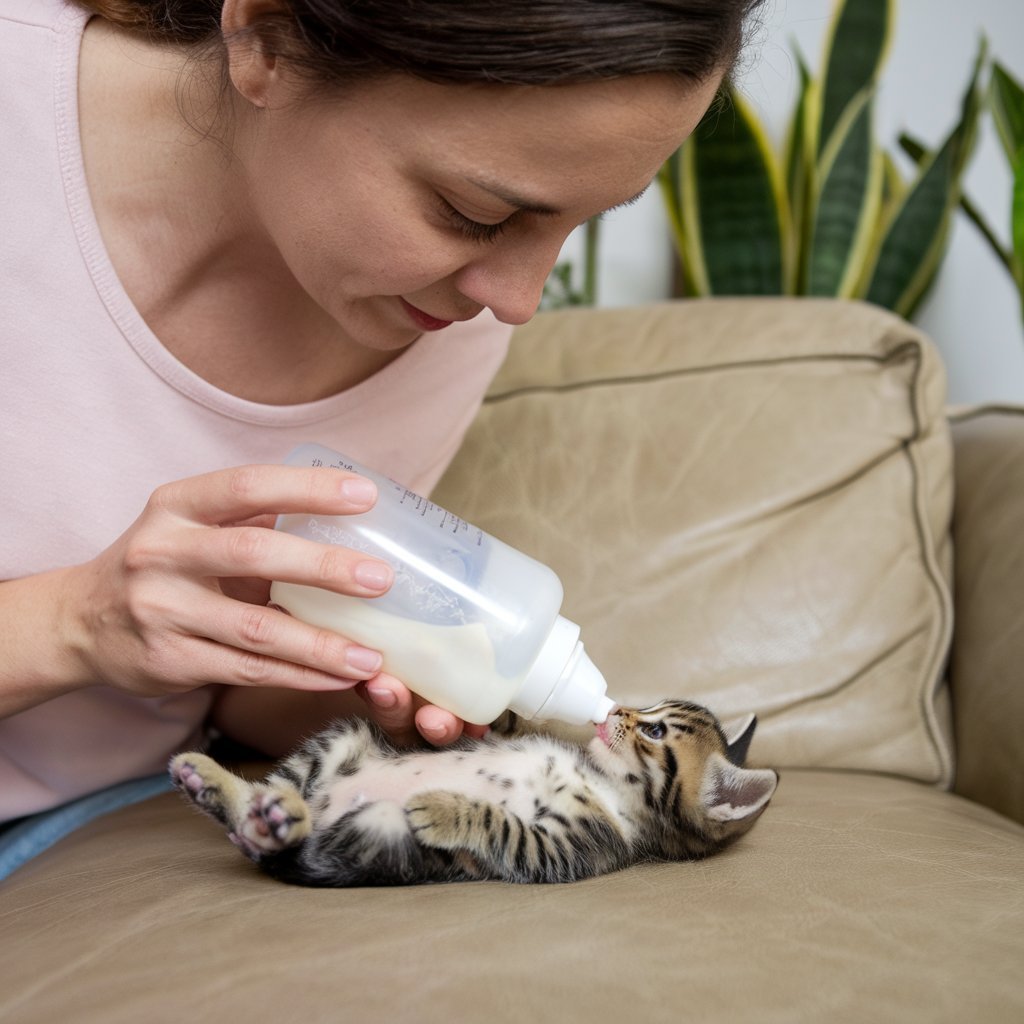
Caring for orphaned baby cats requires a bit more work, especially when it comes to feeding. Without their mother’s milk, kitten formula is the best option. You’ll need to bottle-feed them every 2-3 hours, ensuring the milk is warm but not hot.
Feed them in a belly-down position, similar to how they would nurse from their mother. As they grow, introduce soft food around 4 weeks, and slowly transition to solid food by 8 weeks. Keep a close eye on their weight and health, and consult your vet if you have any concerns.
4. How to Train Baby Cats to Use a Litter Box
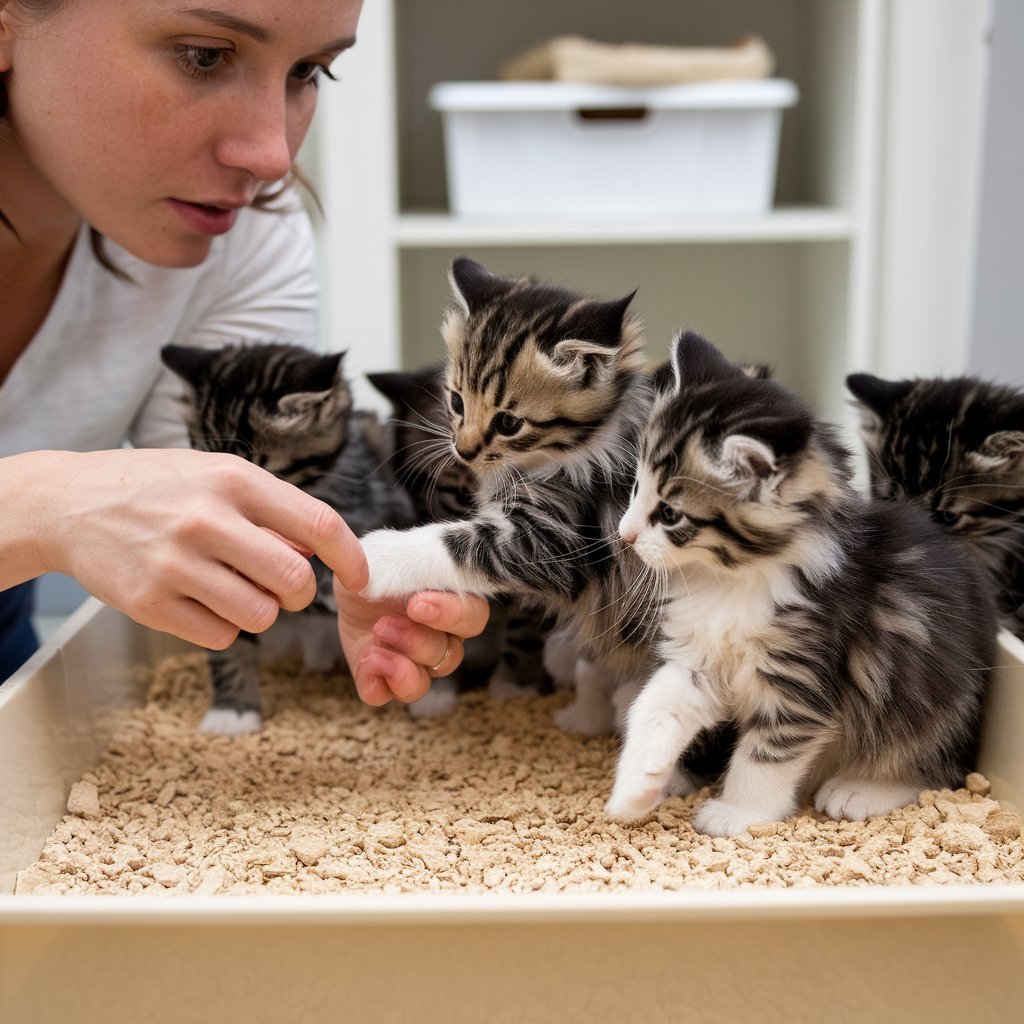
Litter training baby cats is usually a straightforward process. Start when they are around 3-4 weeks old by placing them in a shallow litter box after meals or naps. Use a kitten-friendly, non-clumping litter and guide their paws to dig in the litter.
Baby cats typically have a natural instinct to bury their waste, making the process easy. Be patient and clean the litter box regularly, as kittens can be particular about cleanliness.
5. Tips for Raising Healthy Baby Cats

Raising healthy baby cats involves more than just feeding and sheltering them. You’ll need to provide proper medical care, including vaccinations and deworming, from an early age.
Playtime and socialization are also crucial for their physical and mental well-being. Engage them with toys that encourage movement, such as balls and feathers. Regular handling helps them become comfortable with humans, and exposure to different sounds and environments helps them grow into confident adult cats.
6. When Do Baby Cats Start Walking?

Baby cats typically start walking between 3 and 4 weeks old. At first, they may wobble and stumble as they learn to balance, but they quickly develop strength and coordination.
During this stage, it’s important to give them a safe space to explore. Remove any hazards from their area and ensure they have a soft surface to walk on.
7. How Often Should You Feed Baby Cats?

For newborn baby cats, feeding should occur every 2-3 hours. As they grow, the frequency can decrease to every 4-6 hours. By 8 weeks old, kittens can eat 3-4 times a day, depending on their energy needs.
Always monitor their weight to ensure they’re growing properly, and adjust their feeding schedule accordingly.
8. Best Toys for Baby Cats

Choosing the best toys for baby cats can help stimulate their minds and keep them physically active. Look for toys that mimic hunting, such as feather wands, balls, or toy mice.
Interactive toys that encourage movement and play are ideal for developing kittens. Just make sure any toy you provide is safe and doesn’t have small parts they could swallow.
9. How to Socialize Baby Cats with Other Pets

Socializing baby cats with other pets should be done gradually and carefully. Start by keeping them in separate rooms, allowing them to get used to each other’s scent before a face-to-face meeting.
Supervised play sessions can help foster positive interactions. It’s important to never force interactions, as this could lead to fear or aggression. Be patient and give both pets time to adjust.
10. What to Do If You Find Abandoned Baby Cats

If you come across abandoned baby cats, your first step should be to assess their condition. Are they healthy, or do they seem cold, weak, or malnourished? If they seem in immediate danger, provide warmth and contact a vet or local animal shelter for assistance.
If you decide to care for them, bottle-feeding with kitten formula and providing a warm, safe space will be your first priorities.
11. How to Bathe Baby Cats Safely
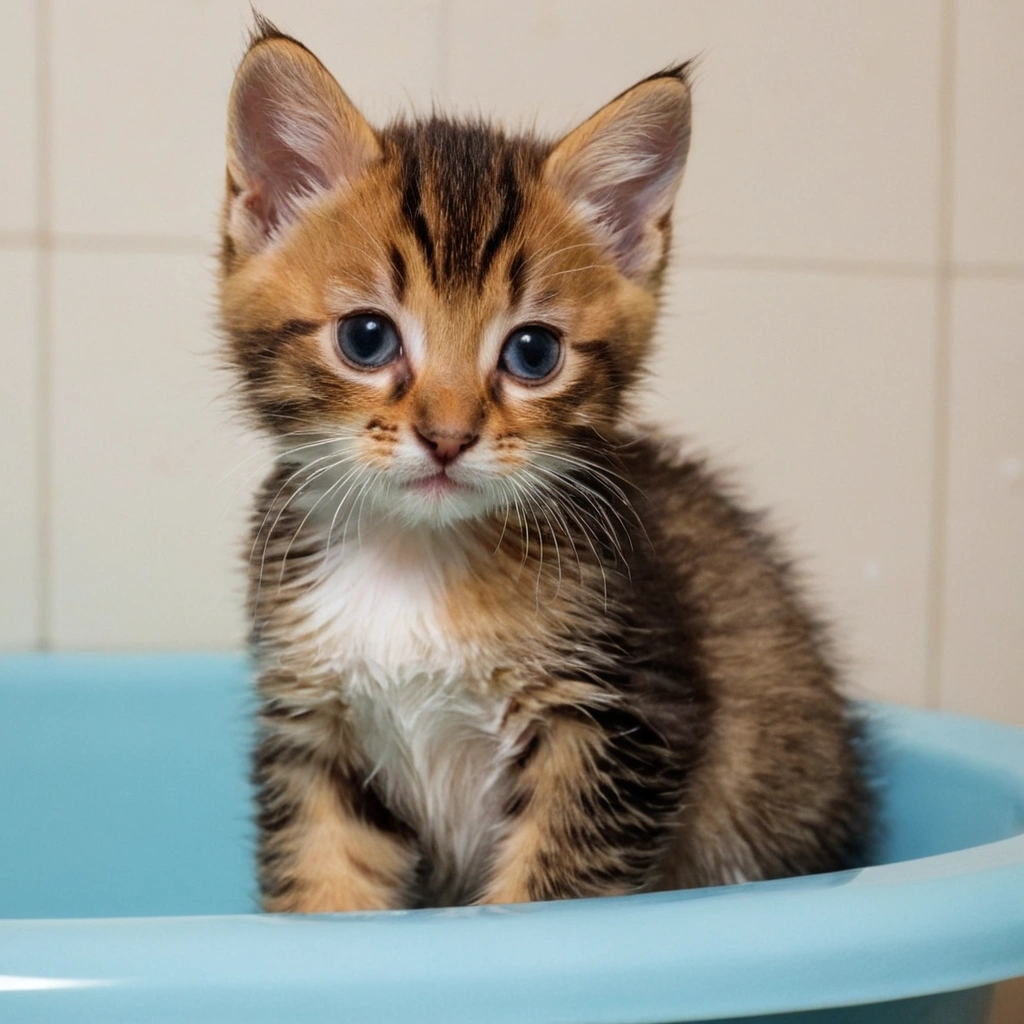
Bathing baby cats should only be done if absolutely necessary. Kittens can usually keep themselves clean, but if they get into something messy, a gentle bath can help.
Use lukewarm water and kitten-friendly shampoo. Be sure to dry them thoroughly afterward to prevent them from getting cold. Avoid getting water in their eyes, ears, or nose.
12. Best Ways to Bond with Baby Cats

Bonding with baby cats involves spending quality time together. Play with them daily, offer treats, and gently pet them to build trust. Talking to them softly and ensuring they feel safe around you will help strengthen your bond.
13. How to Introduce Baby Cats to a New Home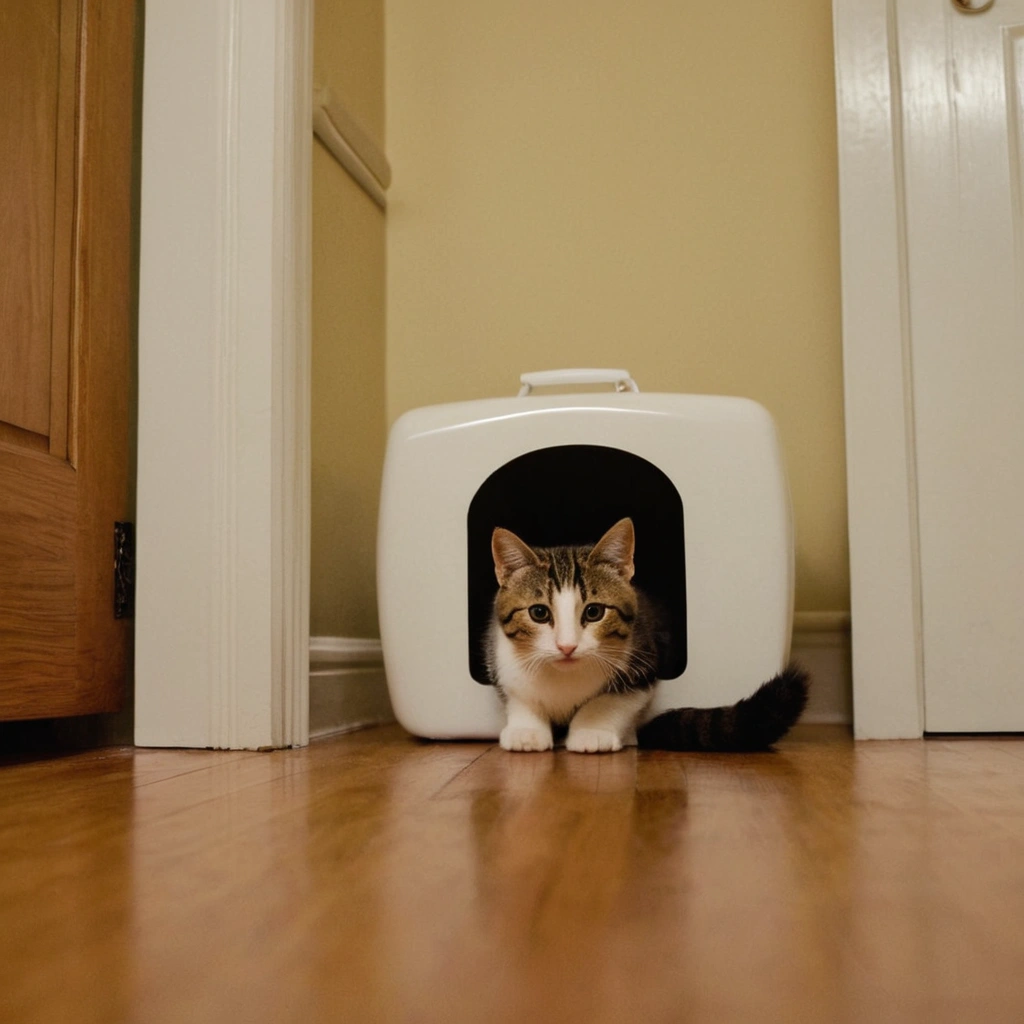
When bringing baby cats into a new home, start by confining them to one room. This helps them feel safe and prevents them from becoming overwhelmed. Gradually allow them to explore the rest of the house as they become more comfortable.
Provide plenty of food, water, and litter boxes during the transition.
14. How Long Do Baby Cats Need to Stay with Their Mother?
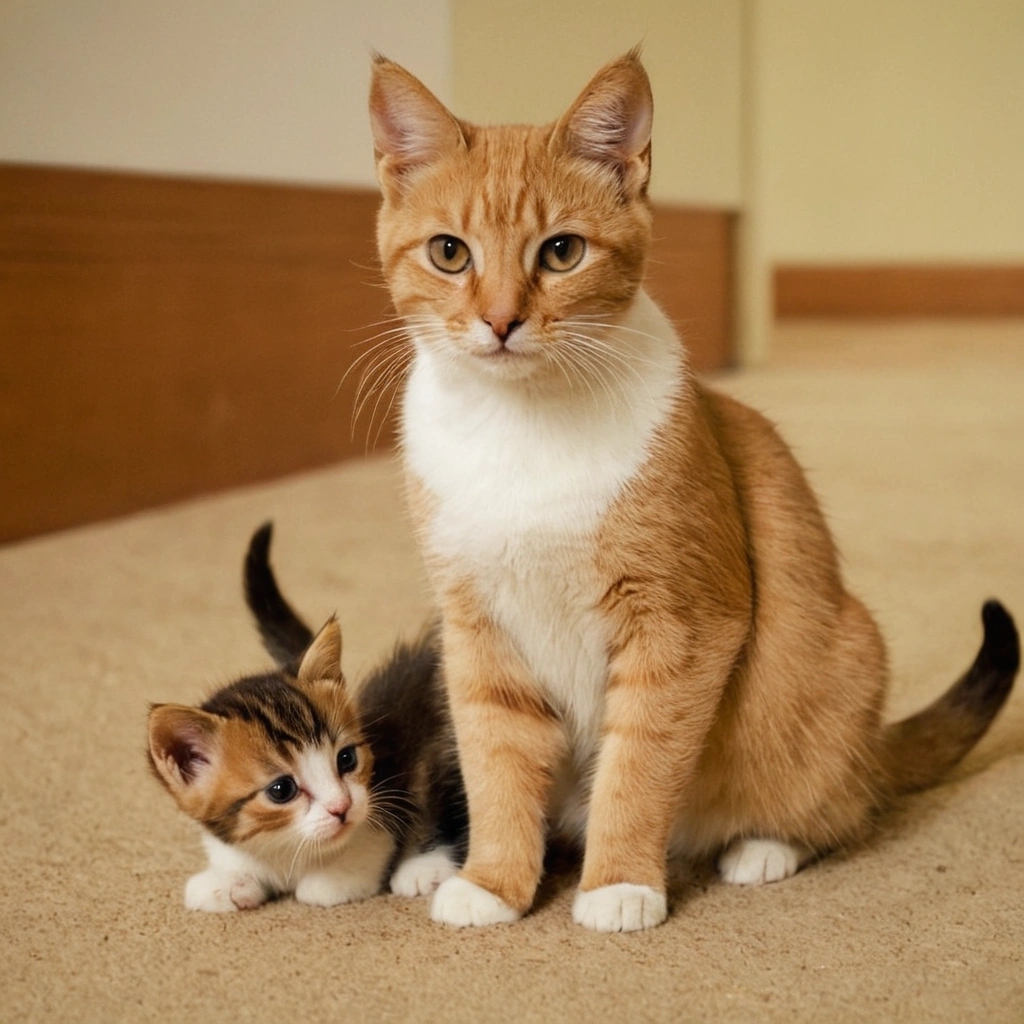
Baby cats should ideally stay with their mother for at least 8-10 weeks. During this time, they receive important nutrients from their mother’s milk and learn vital social and survival skills.
Separating them too early can lead to health and behavioral problems.
15. Common Health Issues in Baby Cats

Some common health issues in baby cats include respiratory infections, intestinal parasites, and flea infestations. Regular vet checkups and early vaccinations can help prevent serious illnesses.
Keep an eye out for signs of lethargy, diarrhea, or coughing, and contact a vet if any symptoms arise.
16. How to Tell the Age of Baby Cats

You can estimate the age of baby cats based on their physical development. Newborns have closed eyes and ears, which open around 10 days old. Teeth begin to emerge at 3 weeks, and by 8 weeks, kittens are fully mobile and eating solid food.
A vet can also provide a more accurate age estimate based on their weight and size.
17. How to Wean Baby Cats from Milk

Weaning baby cats from milk usually starts around 4 weeks of age. Begin by offering them soft, wet kitten food mixed with a little kitten formula. Gradually reduce the formula until they’re eating solid food by 8 weeks.
Be patient during this process, as some kittens may take longer than others to adjust.
18. Safe Environments for Baby Cats

Creating a safe environment for baby cats is essential to their well-being. Remove any hazards such as small objects, sharp items, or open windows they could fall from. Ensure their space is warm, quiet, and comfortable, with access to food, water, and a litter box.
19. How to Foster Baby Cats from a Shelter

Fostering baby cats from a shelter can be a rewarding experience. It requires providing a safe, nurturing environment and following the shelter’s guidelines for feeding and care.
Many shelters provide necessary supplies, but you’ll need to dedicate time and attention to helping the kittens grow healthy and ready for adoption.
20. How to Keep Baby Cats Warm in Winter

Baby cats are especially vulnerable to cold weather, so keeping them warm in winter is crucial. Provide soft bedding, a warm room, and heating pads (on low heat) if necessary. Make sure they’re not exposed to drafts.
21. When Do Baby Cats Open Their Eyes?

Baby cats typically open their eyes between 7 to 10 days after birth. At first, their vision will be blurry, and it will take several weeks for them to fully develop their eyesight.
22. Tips for Traveling with Baby Cats
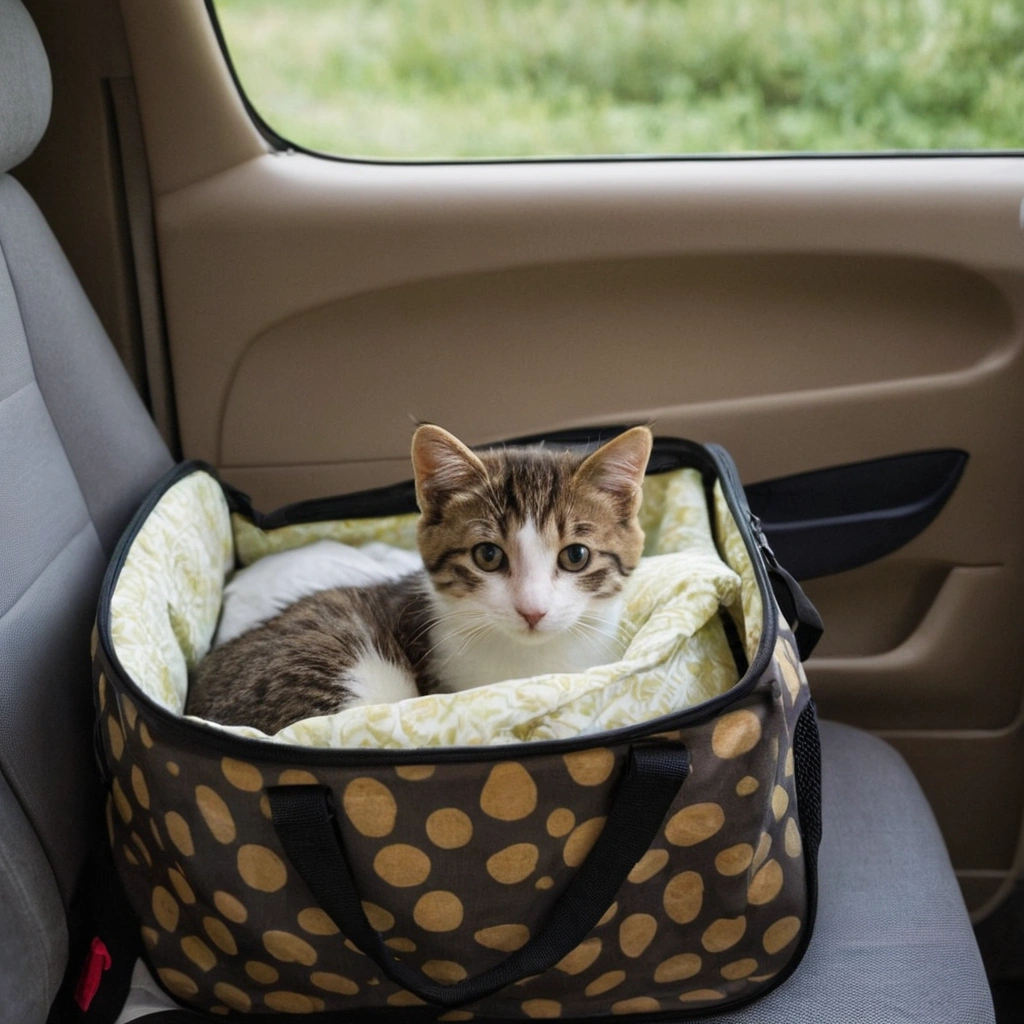
Traveling with baby cats requires planning. Use a secure, well-ventilated carrier lined with soft bedding. Bring food, water, and any necessary supplies for the journey.
If traveling long distances, take regular breaks to offer water and ensure they’re comfortable.
23. How to Introduce Baby Cats to Strangers
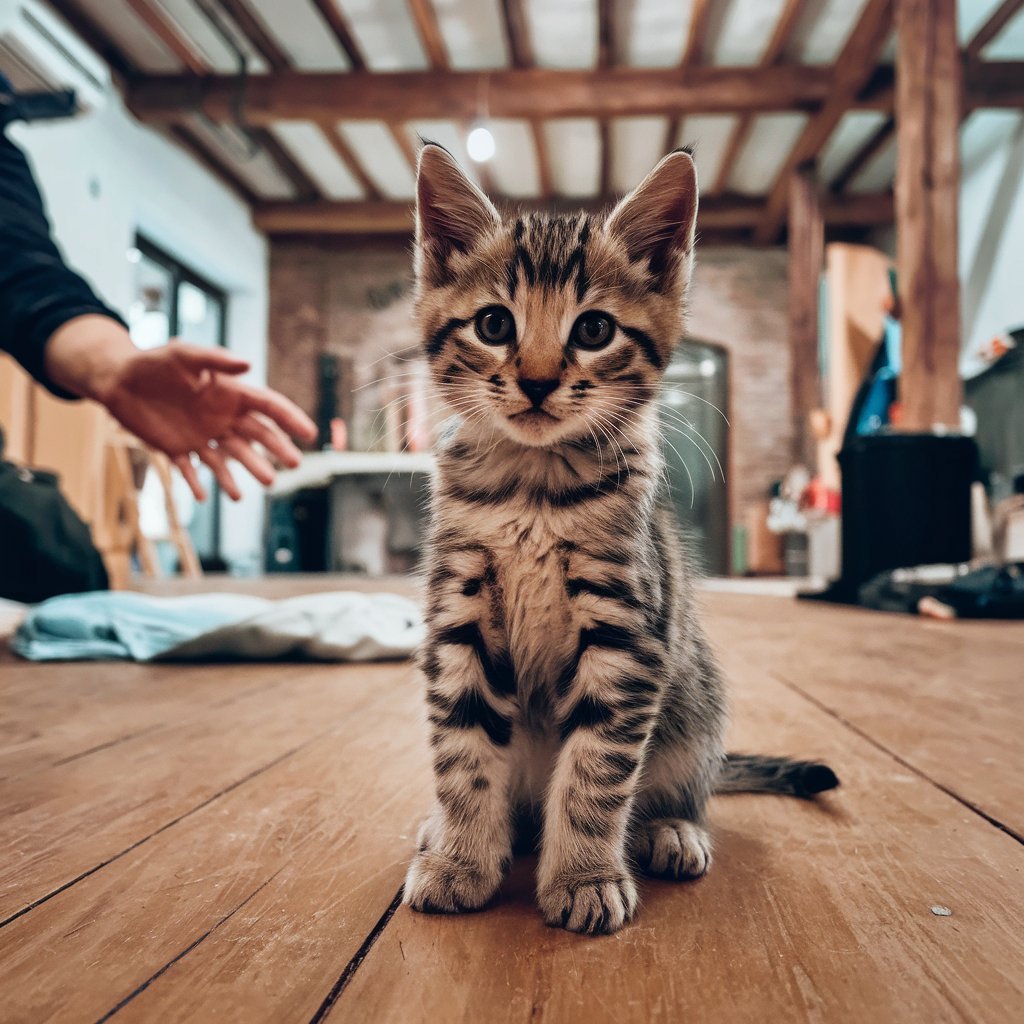
When introducing baby cats to strangers, make sure the environment is calm and quiet. Allow the kittens to approach the new person at their own pace, and avoid forcing interaction.
Gradual introductions help baby cats feel safe and comfortable with new people.
24. How to Bottle Feed Baby Cats
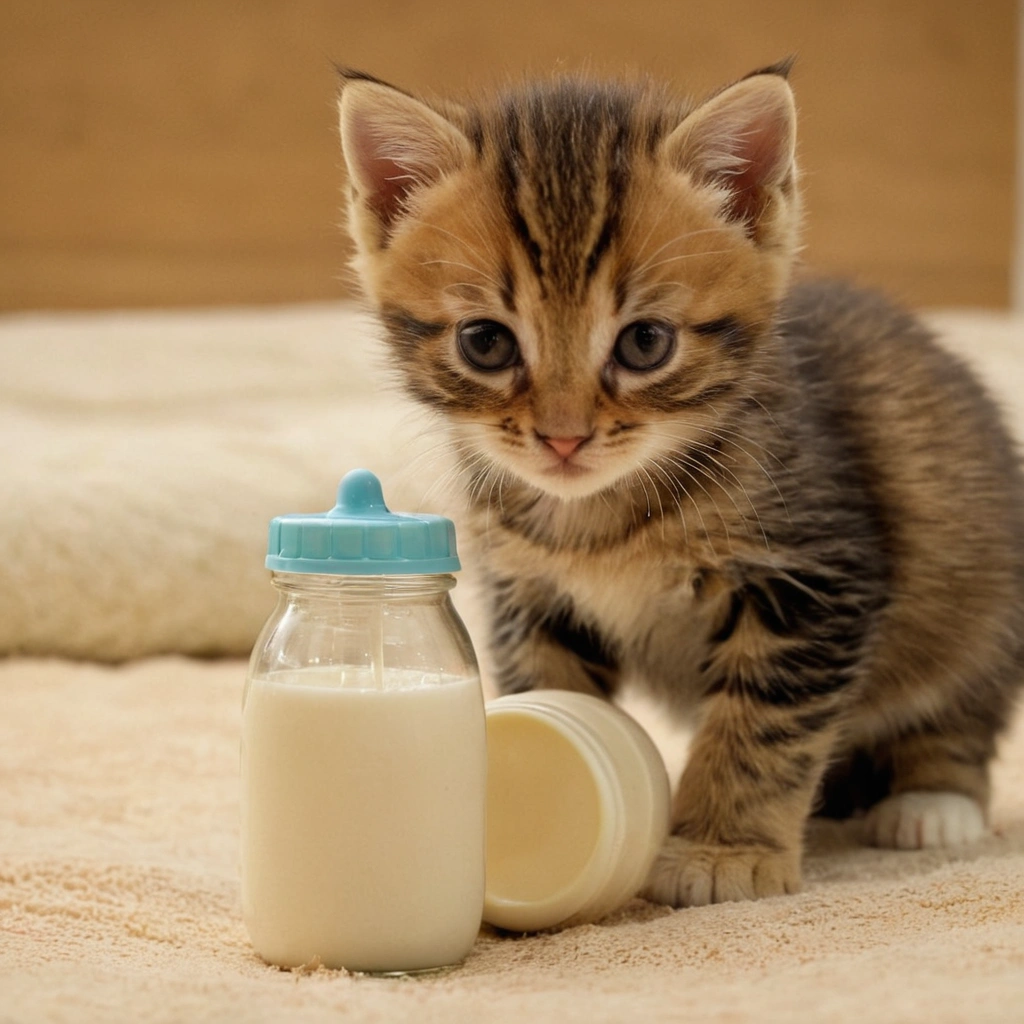
To bottle feed baby cats, use kitten formula and a special bottle designed for small animals. Feed them every 2-3 hours, making sure the milk is warm but not hot. Hold them in a belly-down position and let them suckle at their own pace.
25. What to Do If a Baby Cat Is Sick

If a baby cat shows signs of illness, such as lethargy, vomiting, or trouble breathing, seek veterinary care immediately. Early intervention is key to preventing serious health problems.
26. How to Train Baby Cats Not to Bite

Training baby cats not to bite is essential for their social development. When they bite during play, redirect their attention to a toy. Avoid using your hands as playthings, as this can encourage biting.
27. How to Keep Baby Cats Safe Outdoors
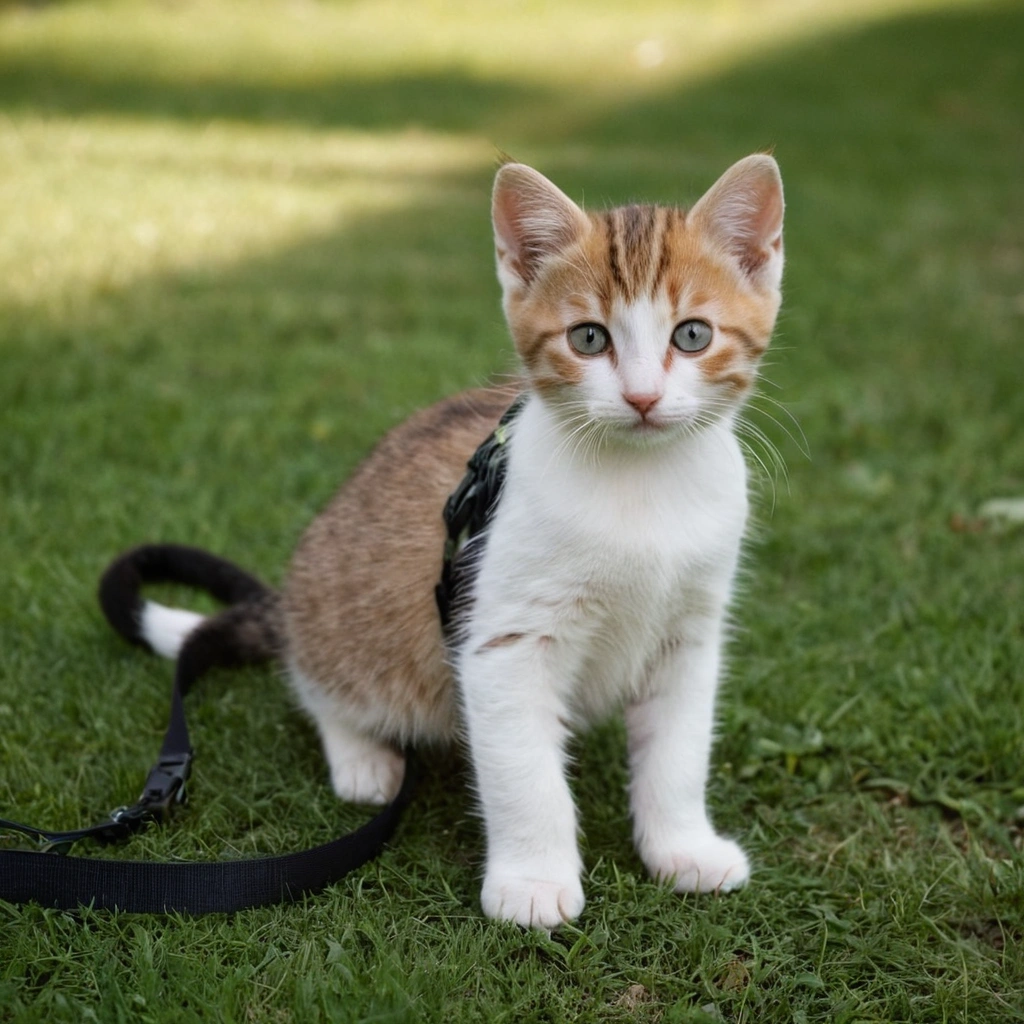
If you allow baby cats outside, ensure the area is safe and secure. Supervise them closely and avoid busy streets or dangerous wildlife. Consider using a leash and harness for extra security.
28. Vaccination Schedule for Baby Cats
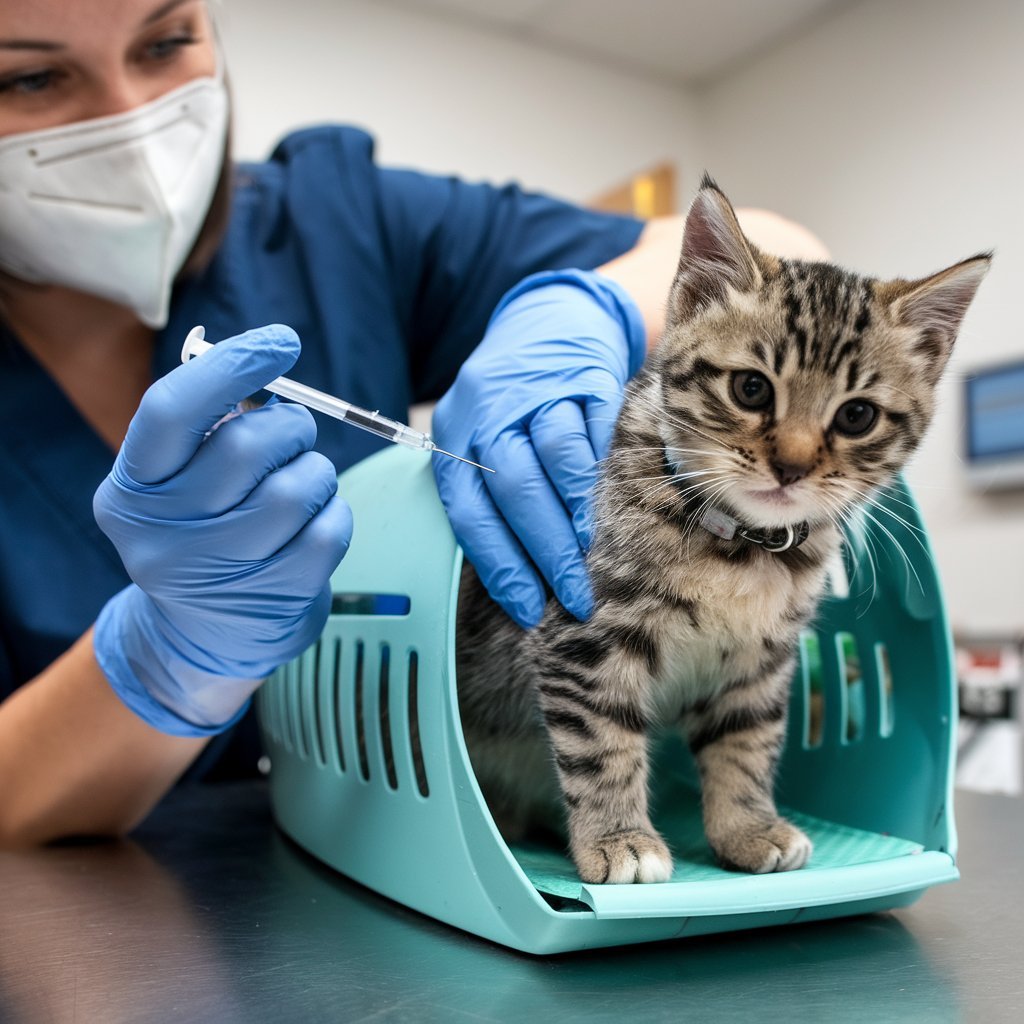
Baby cats need vaccinations starting at 6-8 weeks of age. Key vaccines include those for feline distemper, calicivirus, and rabies. Follow your vet’s recommended schedule to keep your kitten healthy.
29. How to Teach Baby Cats to Play Gently

Encourage gentle play by using toys rather than your hands. When they play too rough, stop the interaction and give them time to calm down. Reward them when they play softly to reinforce positive behavior.
30. Preparing Your Home for Baby Cats
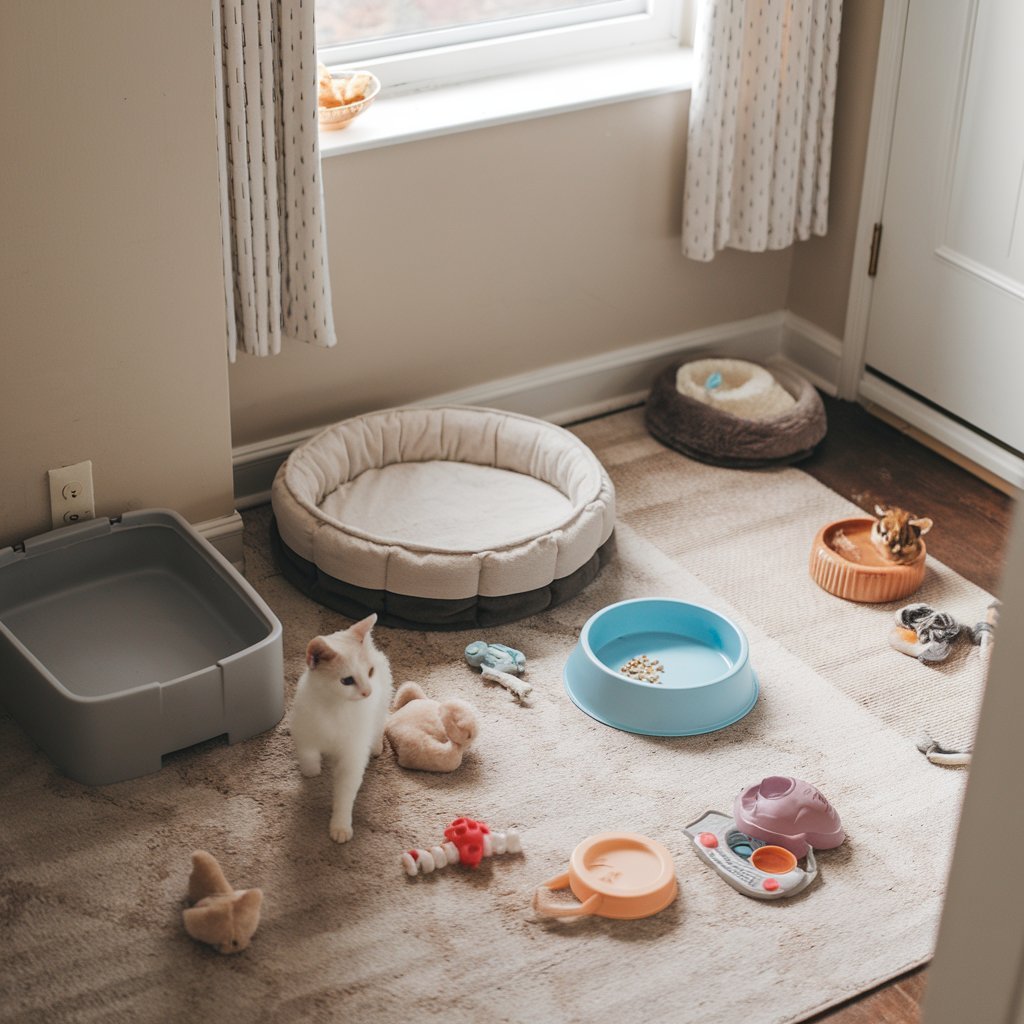
Before bringing baby cats home, prepare a space with all the essentials, including a bed, litter box, food, water, and toys. Remove any hazards and create a quiet area where they can feel safe and comfortable as they adjust to their new surroundings.



